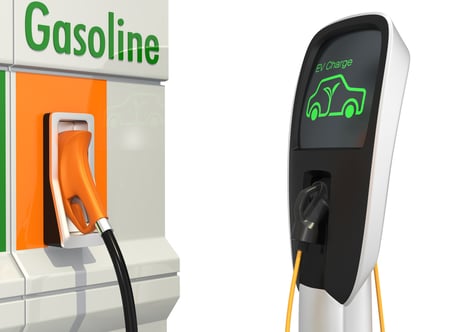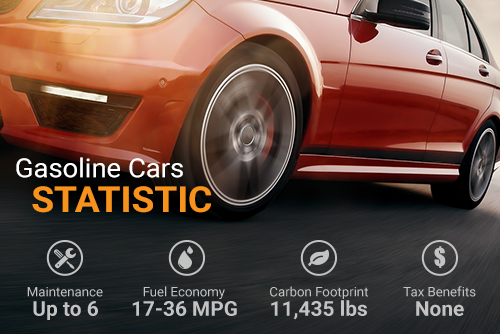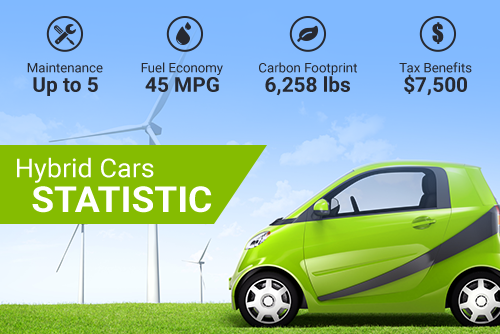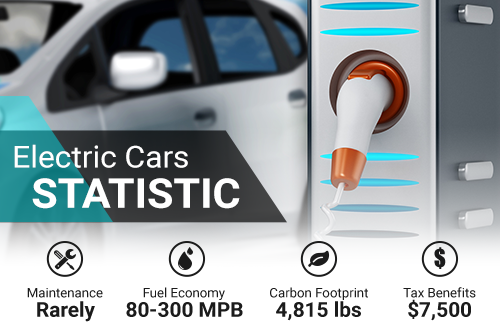Not all cars are made equal! Technology is rapidly advancing and changing industries and the environment for the better.
The automotive industry, in particular, has greatly benefited from these advancements—especially when it comes to fuel economy.

Ingenuity is the pulse of the automotive industry from the 17th century’s steam powered automobiles to the 20th century’s battery powered vehicles.
What Are Your Options?
People have different reasons for why they choose the car they do; it could vary because they want cleaner emissions or maybe they are big fans of an antique car.
Today, there are a few different vehicle classes based on their fuel economy, including:
- Gas
- Hybrid
- Electric
All the Stats You’ll Need!
With the various options out there, how do you know which car’s fuel economy is the best fit for your lifestyle? The following few stats details three different car’s based on the following:
- Their fuel economy
- The tax benefits available, if any
- Their required maintenance
- Their carbon footprint
Gasoline Car Stats

Average fuel economy: 17- 36 miles per gallon
Tax Benefits: Not Available
Maintenance: Requirements vary based on make, model and year; however the most common maintenance requirements include the following:
- Oil change
- Timing chain or timing belt
- Tire balances
- Tire rotations
- Brake pads
- Fluid checks
Carbon Footprint: Produces an annual average of 11,435 pounds of CO2 equivalent emissions
Hybrid-Electric Car Stats

Average fuel economy: 45 miles per gallon
Tax Benefits: Depending on the model and type of hybrid, PHEV or HEV, you can earn tax credit up to $7,500.
PHEV- Plug-in Hybrid-Electric Vehicle
HEV- Hybrid-Electric Vehicle
Maintenance: Requirements vary based on make, model and year; however the most common maintenance requirements include the following:
- Oil change
- Timing chain replacement
- Timing belt replacement
- Tire balances
- Tire rotations
*Since hybrids have regenerative braking systems, you won’t have nearly as much wear and tear on your brake pads which means minimal brake fluid or pad replacement.
Carbon Footprint: Produces an annual average of 6,258 pounds of CO2 equivalent emissions
Electric Car Stats

Average fuel economy: 80-300 miles per battery charge
Tax Benefits: $7,500
Maintenance: Rarely needs maintenance since there are fewer fluids to change and everything is run via the battery which is expected to last the lifetime of the vehicle; manufacturers typically offer 8-year/ 100,000 mi warranties for EV batteries.
Carbon Footprint: Produces an annual average of 4,815 pounds of CO2 equivalent emissions
Which Fuel Economy is Your Favorite: Gas, Hybrid or Electric?
While hybrids and electric vehicles are beneficial for the environment since they have reduced CO2 emissions, you may still enjoy the timeless feel of an antique or even a conventional engine vehicle.
We want to know which car is your dream car—whether it’s a gasoline, hybrid or electric powered vehicle, so leave us a comment below, send us a pin on Pinterest or tweet us.
GGBAILEY Carpet Car Mats are proudly MADE IN AMERICA for over 40 years and currently providing luxury in millions of vehicles around the world.
Resources:



















